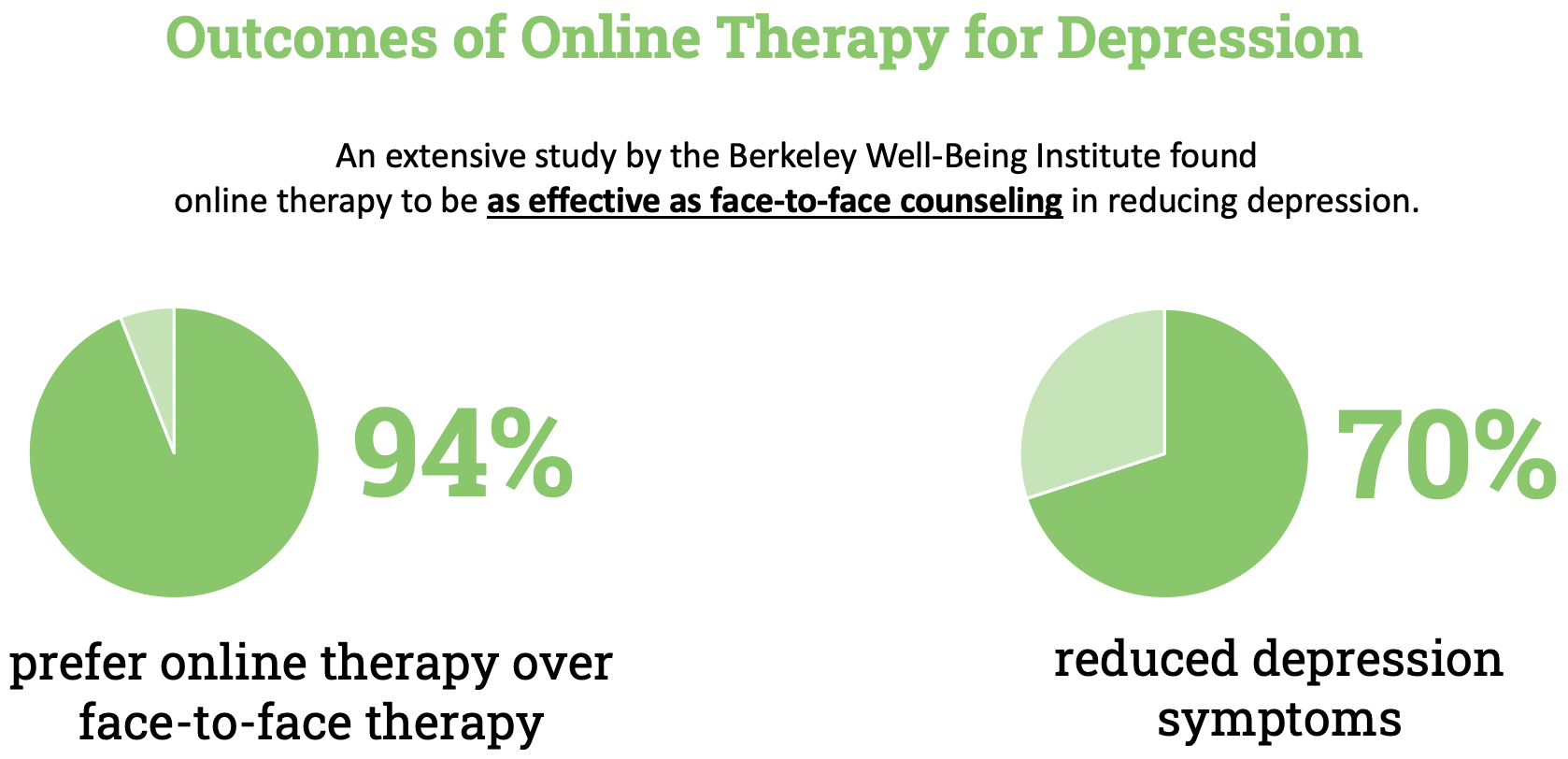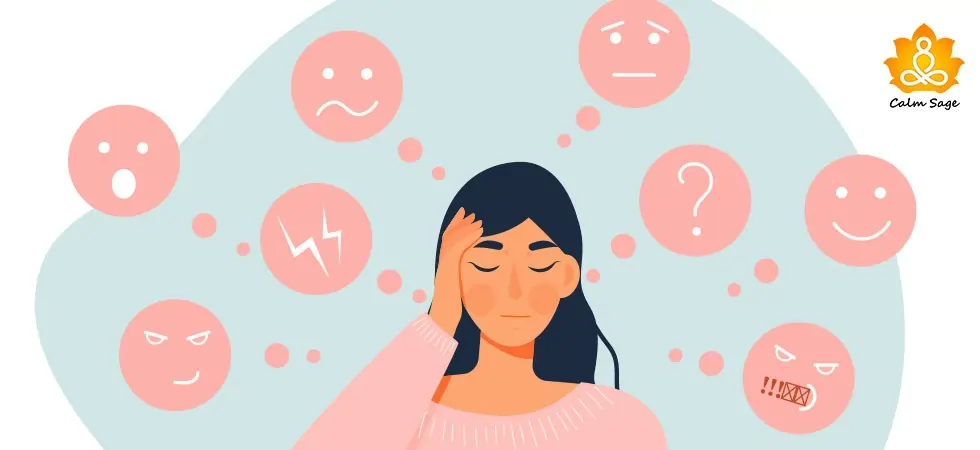10 Common Myths and Facts About Schizophrenia

Schizophrenia is one of the most commonly misunderstood and stigmatized mental illnesses. In this article, I’ve combined some interesting facts about schizophrenia.
According to the National Institute of Mental Health (NIMH), Schizophrenia is one of the top causes of disability, worldwide.
Related: 10 Famous People And Celebrities With Schizophrenia
People with schizophrenia experience disturbances in their thoughts in the form of hallucinations and delusions. The symptoms of this disease can be crippling and can affect behavioral, mental, emotional, and physical health.
There are treatments available to help people, even children with schizophrenia but these myths and misconceptions prevent people and parents in need to reach out for help. By separating fact from fiction, people can receive proper healthcare treatment to help them cope with their schizophrenia.
10 Common Myths and Facts About Schizophrenia
Myth #1: Having Schizophrenia Equals Having Multiple Personalities
Fact: One of the common myths about Schizophrenia is that many people believe that those who have schizophrenia have multiple personalities or split personality disorder. The fact is that schizophrenia is a biological psychiatric disorder where a person loses touch with reality. There is a significant difference between multiple personality disorder or, more commonly known as, dissociative identity disorder, and schizophrenia.
The word ‘schizo’ means ‘split’ but it refers to ‘gaps’ in a person’s ability to separate themselves from the real world, their ability to express emotions and form coherent thoughts. According to the American Psychological Association, the symptoms of schizophrenia can be low motivation, delusions, and hallucinations.
Myth #2: People With Schizophrenia have Violent Tendencies
Fact: Another misconception about Schizophrenia is that people are quick to believe that all people with mental illnesses, especially with psychotic disorders, carry violent tendencies. The fact is that only a small portion (approximately 3-5%) of the people with severe mental diseases and disorders are prone to violent tendencies.
It is represented in movies and TV that people with schizophrenia will likely be the ‘criminal’ or ‘killer’.
While it is not uncommon for people with schizophrenia to commit violent acts, it was recorded that only 20-23% of those crimes were related to the symptoms of their mental illness.
However, it is also important to note that not all aggressive people or people with anger management issues have symptoms of Schizophrenia.
Myth #3: All of Those With Schizophrenia Have Similar Symptoms
Fact: Another fact about Schizophrenia is that there are many types of this particular psychiatric disorder and all of those affect people in different ways. For instance, paranoid schizophrenia can have symptoms like hallucinations while catatonic schizophrenia might have symptoms such as lack of emotional expression or low motivation.
All mental illnesses affect people differently and while two people can have similar symptoms, it doesn’t mean that their behavior will be similar as well.
After all, schizophrenia isn’t all about being neurotic and hearing voices.
Myth #4: Women are More Prone to Schizophrenia than Men
Fact: While it is true that women are more likely to be affected by a mental health disorder more than men, it is not all probable that women suffer from schizophrenia more than men. There are studies conducted by various mental health institutes and organizations that show that the rate of men having schizophrenia is two to three times higher than women.
One of the causes of this could be genes. No matter who – men or women – don’t receive proper treatment, schizophrenia can have serious mental health implications.
Myth #5: Treating Schizophrenia is Not Possible
Fact: It is often shown in the movies that people who are diagnosed with schizophrenia are carried off to a mental health institution and locked away in a padded cell. This representation had led people to believe the notion that there are no treatment options available for treating schizophrenia.
In reality, with the help of psychotherapy, counseling, special care, well-established support systems, and prescribed medication, schizophrenia can be treated and people with this illness can learn how to cope with the symptoms when they occur. If a person is staying true to their treatment plan, their illness can be controlled to a point where their daily lives remain uninterrupted.

Click Here to Get Help from a Licensed Therapist
Disclaimer: As BetterHelp Affiliate, We may receive compensation from BetterHelp or other sources if you purchase products or services through the links provided on this page.
Myth #6: People With Schizophrenia Can’t Hold A Single Job.
Fact: Another interesting fact about Schizophrenia is that many people with this disorder can function normally when they are consistent with their medication and treatment. According to statistics by NAMI, The National Alliance on Mental Illness, it is estimated that almost 50% of people with mental health disorders can improve their symptoms if they receive proper care and treatment.
Working a job can help people effectively recover from the symptoms of Schizophrenia. One of the components of recovery is to empower people through job training and counseling. Some people with this disorder might still face difficulty in holding a job but that’s okay. If needed, they can get additional treatment from their psychiatrist.
Myth #7: Schizophrenia Needs Long-Term Hospitalization
Fact: The fact is that Schizophrenia treatment is a combination of therapy, short-term hospitalization, and long-term treatment if needed. But it is not necessary to need long-term hospitalization for treating Schizophrenia.
Therapy for this disorder may vary from group therapy, one-on-one therapy, and medications. In a long-term care setting, treatment may vary from weeks to months depending on the person’s symptoms.
Myth #8: Bad Parenting Causes Schizophrenia
Fact: Another fact about Schizophrenia is that this disorder is caused by genetic and developmental factors, not by situational factors like bad parenting. It is a common misconception that unhealthy parenting or relationships can lead to a person developing Schizophrenia. This is not true.
There are many genetic factors such as a family history of schizophrenia or other mental health disorders, environmental factors, and psychological factors that contribute to the overall development of this disorder.
Myth #9: Schizophrenia Affects A Person’s Intelligence
Fact: The fact about Schizophrenia is that it does not affect a person’s intellectual abilities. Myths about schizophrenia often come from stereotyping and representation in the media. In another study about this disorder, it was concluded that the intellectual abilities of a person are not directly impacted by this disorder.
However, there are people with schizophrenia who have lower IQs before and after the onset of the symptoms. Meanwhile, there are people with higher IQ who are diagnosed with Schizophrenia.
Myth #10: Schizophrenia Cause Mood Swings
Fact: Schizophrenia, while related to bipolar and schizoaffective disorder, is an entirely different disorder. One myth about this disorder is that it causes extreme mood swings.
Bipolar and Schizoaffective disorders are two disorders where the symptoms can be experiencing depressive or low mood to manic or elated mood.
A person diagnosed with schizoaffective disorder is more likely to experience mood swings than a person diagnosed with Schizophrenia. If a person with schizophrenia is exhibiting mood swings, they can be regulated with medications such as antipsychotic drugs, antidepressants, or mood-stabilizing meds.
Final Words
I hope this article helped you understand some of the common facts about Schizophrenia. For similar content, you can visit our website or write to us at info@calmsage.com. Let us know in the comments which fact about schizophrenia captivated you the most!
Take Care!
Next Read from CalmSage:





















Before giving medicine, you need to cure the misconceptions around it.. half of the disease impact will go away in a friction